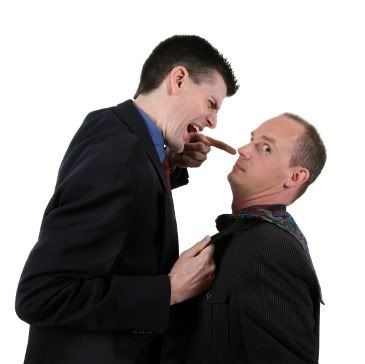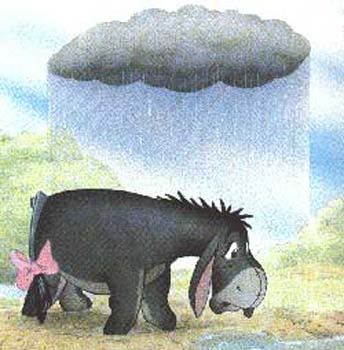
I’m trying out HootSuite. These owls look like social creatures.
I’ve always been more comfortable with on-line conversations than real ones.
it might be because, for most online conversations one-on-one with people, I’m a known quantity. People know what to expect with me, and for the most part they like what they expect. There’s a reduced amount of anxiety involved. I’m less concerned about embarassing myself with somebody I know than with a stranger, especiall a stranger I’d like to impress for one reason or another. I guess we can chalk that up under the heading “massive nerd” in my personality dossier.
The meteoric rise of social media in all its myriad and ever-evolving forms has been a bit of a boon for people like me. It is easier than ever to put yourself and what you do out in front of an objective and potentially interested audience, where the true tests of your work’s quality lie. For writers, the process of rejection and resubmission was the only real way to test their work for a very long time. It’s still viable and I’m not going to discount how important it is to pitch as often as possible, but at the same time, you can start a blog, tweet your posts and get feedback for no investment other than time. And if your writing improves, it’s time well spent.
So it is with other creative professions, especially if they have anything to do with the Internet. Online designers and interactive developers need to discover and leverage the power of social media, if they haven’t already. Freelancers can drum up work and established employees can cultivate business contacts and fellow online pioneers with the power of these tools. You might be surprised, but the feeds and tweets from those who might seem to be impersonal or even automated can lead to new, exciting places if you pay close attention to what’s being said in which directions.
Don’t misunderstand, spam on Twitter or any other social media feed can be just as irritating as it is in your inbox. However, a Twitter bot or news feed from a company can be just as promising as a lead from a friend. Be it from a living, breathing person or a generated bit of data, turning an interesting bit of data into the next big thing takes the right timing, the right skill set, the right environment and the right need. Most of all, though, it takes you being there to take advantage of it.
So it is with the real world. You never know when the next big thing is waiting for you in your immediate future unless you put yourself out there with an open mind to process what your eyes are seeing and your ears are seeing. I would not have a manuscript under review by two fantastic ladies in the publishing industry if I hadn’t put myself out there. Getting that great job means showing up in person – not just for the interview but every day after. Don’t just heat up the seat your in, heat up the whole environment. That’s when you make your mark. That’s when you become invaluable, and invaluable is what you want to be if you want more than just a job to fill the hours and occasionally pay you some money.
It plays back into itself, as well. When you begin to inhabit a position, it pays to branch out from there. Both in social media and in person, if you know it or not, you’re putting a face on the people for whom you work. In some circumstances, you might be working for yourself, which is cool. People like to know who’s sending them hot new items in person instead of just reading text off of a screen. And if you’re employed by another, your personality, geniality and willingness to step out and be seen & heard speaks to the trust, passion and drive of the people behind you. This isn’t to say that every interaction with someone else in the industry you work in will reflect one way or another on your employers, but it is something to keep in mind when you approach the reception table, pin a name tag to your shirt and start shaking hands. Those people you exchange pleasantries with tonight may be people you tweet with in the days and weeks to come. And from those interactions, you may yeild more business. Conversion is conversion, no matter how it happens.
Creative folks sometimes fancy themselves mavericks, loners, those wild people on the fringes of society with a glimmer in their eye and gin on their breath. But when you get right down to it, if you want to make a living doing what you love you have to take what you love to the people who’ll love it and pay you to make more. That means bathing, brushing your teeth, shaking hands and becoming engaged in social activity. Social media has made it easier to do this, and expanded the possibilities far beyond what could have been considered just a few years ago. But it’s still essential for there to be a person behind the feeds. When one of them grows from a simple tweet or comment to the next step on the road between where you are and where you want to be, it’s going to require facetime. As much as social media has given us so many more ways to get to that next step, it’s not enough to just be social. You need to be social and be real.








